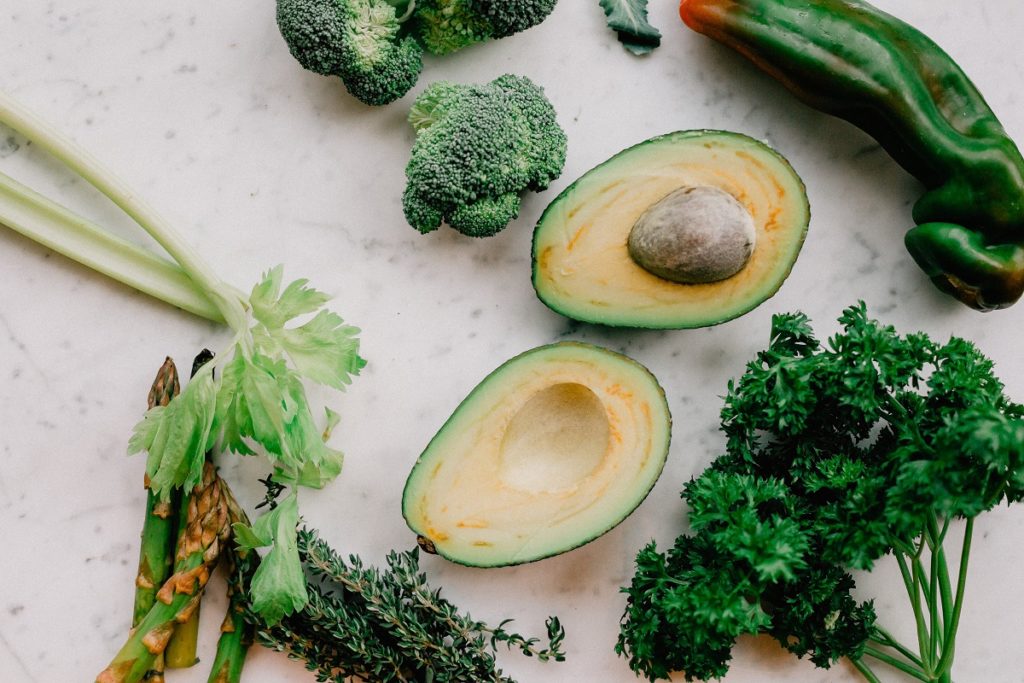Our knowledge about allergies tends to be limited. Often, we can only name a few food allergies, such as nuts, milk, soy, and eggs. If we are allergic to one of those foods, we strictly avoid them, but there would always be one friend or relative who would insist that our allergy is not serious. They even tell us that our allergies will go away the more we expose ourselves to our triggers.
Considering that, the struggle is harder when our food allergy is relatively uncommon. When we tell other people about it, their reactions are varied. Some would immediately understand, but others may doubt our claim or brush us off downright.
Now that we’re at a point in which we have all grown more health-conscious, it’s time to shed light on uncommon food allergies and debunk the myths surrounding them.
The Most Unusual Food Allergies
1. Apples
About 50% to 70% of people allergic to birch pollen and mugwort also experience reactions after consuming a raw apple. Symptoms are primarily felt in the mouth and usually show up within five minutes of eating a raw apple. But if you are less sensitive, the symptoms may not show until thirty minutes later.
Symptoms typically disappear once consumption is ceased. Severe reactions are possible, in which the throat may swell and cause difficulty in breathing.
2. Citrus
Offending citrus fruits may include orange, lemon, grapefruit, and lime. Reactions can range from an itch in the mouth to anaphylaxis, a potentially life-threatening reaction that involves skin conditions and shortness of breath.
If you’re allergic to citrus fruit, there is a high likelihood that you’re allergic to another citrus fruit as well. Allergies to birch pollen, Timothy grass, or mugwort pollen may also cause cross-reactions with citrus due to their similar protein makeup.
3. Avocado

Allergies to avocado are closely tied to latex allergy. Like citrus, grass, and pollens, avocado and latex also have a similar protein makeup. As such, you should try to avoid eating avocado if you have a latex allergy.
Latex allergy is also uncommon. It’s sometimes called latex-fruit syndrome because latex has similar antigens found in some fruits such as bananas, kiwi, passion fruit, mango, papaya, and of course, avocado. Hence, if you’re allergic to avocado, you may also experience cross-reactions with the other fruits mentioned. It would also be wise to avoid chestnuts, custard apple, turnip, zucchini, bell pepper, celery, potato, and cassava, as those are tied to latex allergy as well.
4. Marshmallows
Allergy to marshmallows are probably an allergic reaction to gelatin instead. This allergy is rare and tied to allergic reactions to some vaccines, such as the flu shot. You should also avoid gummy candies, chewy candies, and frosted cereals if you’re allergic to gelatin.
5. Red Meat
Red meat allergy to beef and pork is linked with a bite from the Lone Star tick. This tick is found in the southeast U.S., from Texas up to New England.
Allergic reactions may also appear after consuming lamb and goat meat, but those are rare and can be difficult to identify. In any case, if you are allergic to meat, it’s crucial to undergo private food allergy testing as soon as possible. That’s because allergic reactions to meat can be severe, from itching to diarrhea to anaphylaxis. Anaphylactic reactions may be more likely if you consume red meat after exercising.
6. Coconut
Coconut allergy is very rare. The fruit isn’t a tree nut, despite U.S. Food and Drug Association’s (FDA) classification. The classification is only done for the purpose of ingredient labeling and consumer protection. Hence, you can consume coconuts without experiencing reactions if you have a tree nut allergy.
What to Do When You Experience Allergic Reactions
Before consuming any food you might be allergic to, note that food allergy is serious. Again, it’s more than just an itch or stomachache. Daring yourself to consume more offending foods may lead to life-threatening consequences.
Eating tiny bits isn’t harmless either. Some people get severe reactions from just a trace of an offending food. You must remove the allergen from your diet altogether. It won’t be safe even if you eat it with safe food.
Allergic reactions to food are unpredictable. Sometimes they’re mild, sometimes severe. There’s no telling how your body will react, so it’s critical to stop consuming offending foods.
If you unknowingly ingested an offending food and you experienced anaphylaxis, call your emergency hotline, and ensure that you are not alone. Someone has to inject you with EpiPen if needed. Keep calm and lie on your back, with your feet raised about 12 inches high. Stay warm in a blanket, and turn to your side if you’re vomiting or bleeding. Have enough breathing room, and wait for the medics to arrive.
Take food allergy seriously. Don’t be pressured by people who don’t believe you, and don’t try to treat your allergy through unsafe methods.
